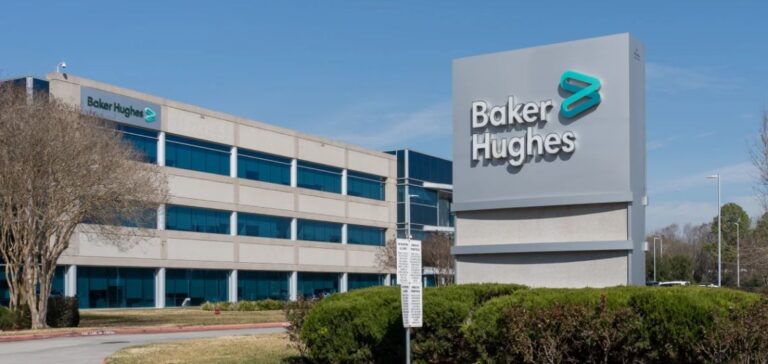Baker Hughes, an energy technology company, and Hanwha Power Systems have formalized a joint development agreement to design a small-scale ammonia turbine. This agreement was signed during the 2025 Annual Meeting of Baker Hughes in Florence.
A technology dedicated to hard-to-electrify sectors
Ammonia is increasingly being considered a key fuel for reducing emissions in sectors where the transition to electric solutions remains limited, particularly maritime transport and offshore energy infrastructure. Hanwha Ocean, a subsidiary of Hanwha specializing in shipbuilding, plans to integrate this new turbine into its future vessels to improve energy efficiency and reduce dependence on traditional fossil fuels.
Technical advancements and a defined timeline
Before this agreement, Hanwha had already successfully tested a prototype combustion chamber powered by 100% ammonia. Meanwhile, Baker Hughes conducted a feasibility study in 2024 to assess the potential of its small-scale gas turbines to use this fuel. The partners aim to complete the final turbine tests, with an estimated power of around 16 MW, by 2027. Once this phase is completed, the product will be available for order by stakeholders in maritime transportation and energy production.
A collaboration focused on innovation
This project marks a new milestone for Baker Hughes, which is actively exploring the adaptation of its turbines to transition from diesel engines to alternatives based on ammonia and hydrogen. In parallel, the company recently announced the commercialization of the world’s first 100% hydrogen-powered turbine, further reinforcing its commitment to providing solutions adapted to changes in the energy sector.
Hanwha Ocean and Hanwha Power Systems, for their part, aim to play a key role in the industrialization of ammonia-based propulsion technologies, meeting the new requirements of international maritime transport.






















